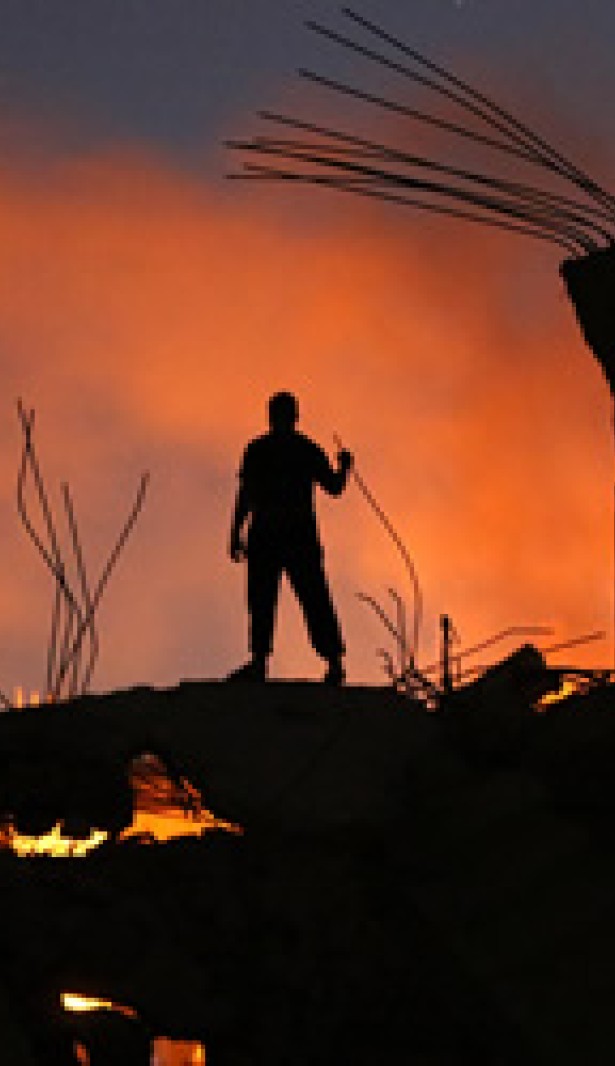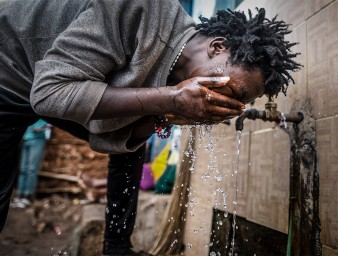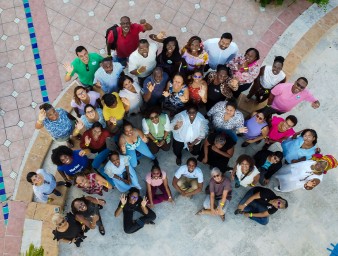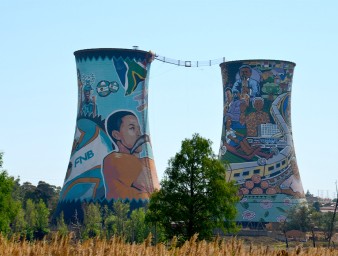Burning Down the House
03 December 2015
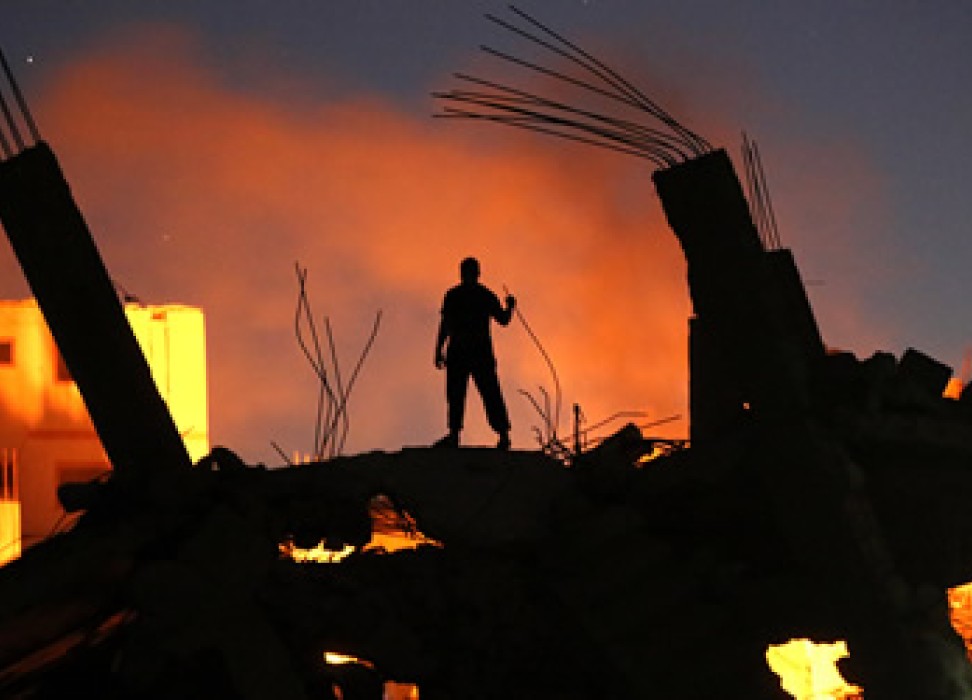
Home. Where we are sheltered. Nurtured. Where we grow. Where we dream.
But our home is on fire. And we are the arsonists.We laid the kindling of greed. We poured on the fuel of rapacious consumption. We fanned the flames with weak regulation, intentional obfuscation of facts, and a callous disregard for the ecosystems, species, and, yes, people closest to the flames.
Our home—our only home, our Earth, is on fire. And we have barely budged from the comfort of our over-stuffed easy-chairs to put it out.
Right now, world leaders in Paris are feverishly working to negotiate a global agreement with binding commitments to finally begin to put out the fire of climate change.
Bold, hopeful, and even ambitious statements were heard from heads of state in Paris backed by a level of political will not seen before in climate talks. However, challenges are evident. We are far from commitments adding up to a ceiling of 2 degrees (let alone 1.5), very far from the agreed commitments of 100 billion dollars for climate finance, human rights language in the operative text of the agreement is facing resistance, and participation by civil society in activities linked to the Conference has been restricted-- even repressed.
Given the stakes, urgent, effective and ambitious action is certainly a moral imperative. But it is also a legal obligation. Here’s why.
First, we now know that climate change is a human-induced phenomenon. We know it is not an accident of nature, but rather the result of choices made by human beings in both the public and the private spheres. The use of fossil fuels, destructive technologies, unsustainable consumption patterns, continued global militarization—all of these are human activities that are destroying our climate and, thereby, undercutting the realization of human rights for all of us.
Second, we now know that climate change is having a devastating impact on a wide range of internationally-guaranteed human rights -- the rights to food, water, sanitation, adequate housing, and health – for millions of people. For those living in small-island states, even the right to self-determination is at risk, as rising seas threaten to swallow their homelands. And the right to life itself has already been taken from far too many by the ravages of climate change.
Third, international human rights law imposes affirmative legal obligations on all states to take the necessary steps in law, policy, institutions, and public budgets to protect human rights from such harms. States are obliged to prevent these harms by regulating environmental practices, to hold violators accountable, protect vulnerable communities, and ensure redress where harms are suffered.
Clearly, we are living in an age of widespread breach of these obligations. This must end.
Equality and fairness are also human rights principles. We know that those who have done the least to cause this threat nevertheless suffer most from its negative effects. And they are also those with the fewest resources to adapt in order to survive.
The poor, indigenous peoples, small farmers and fishers, minority communities, and people living in the least developed countries—all desperately need solidarity and support, not least from those with the most resources, and who have contributed most to climate change.
All human beings have both an interest and a responsibility to help to put out the fire. But is it not, by now, a moral truism to say that, in determining the particular responsibilities of each, the degree of contribution to the harm and the capacity to contribute to the solution are relevant, even determinative factors?
Solutions rooted in climate justice will mean accountability and redress for harms; the protection and empowerment of the vulnerable; the free, active and meaningful participation of civil society and affected communities; and non-discrimination and equity in climate policies.
To meet these human rights obligations, states should act now, with stronger laws, more effective regulation of the private sector, judicial protections, carbon taxes and other meaningful adjustments to incentive structures, and, in general, deliberate action by all states, acting individually and collectively, to address this threat.
At the global level, this means agreeing on the most ambitious target possible to keep climate emissions below the level that would bring us to a 1.5-degree rise in global temperatures as demanded by over 100 nations and by the global public. And it means allocating the resources necessary to allow development to adapt and to shift to a sustainable course, including climate aid for developing countries.
The world looks to those in Paris today to move this agenda forward. Essential provisions have been offered that would oblige states to implement the emerging agreement in a manner that is consistent with their obligations under international law, and to fully integrate human rights considerations into all measure for climate response, adaption, and mitigation.
These must not be lost.
Let world leaders take up this challenge in Paris with a level of determination that corresponds to the threat. Because this is their home as well as ours. And, the fire is spreading.
3 December 2015
